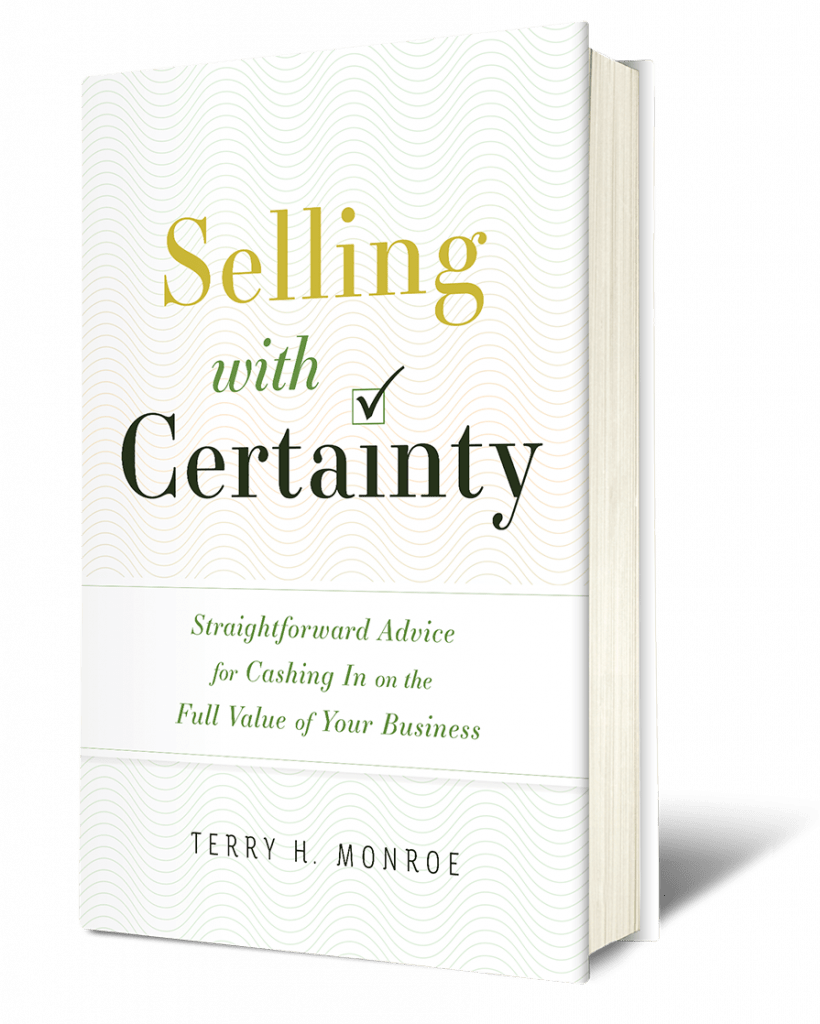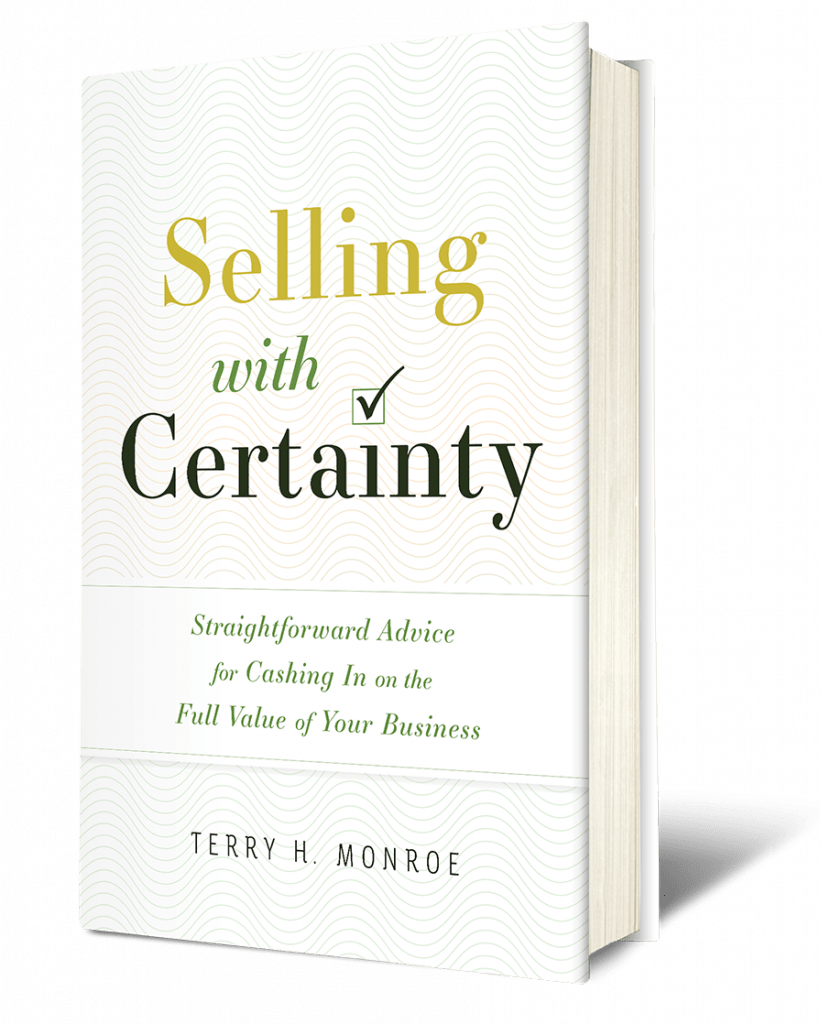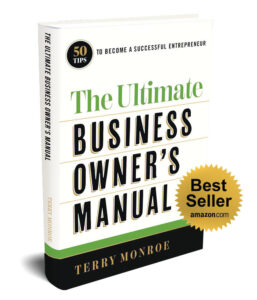(This article first appeared in the March 9 electronic edition of Convenience Store News Daily. Click here for the  PDF version as it appeared in the e-zine.)
PDF version as it appeared in the e-zine.)
NATIONAL REPORT — Trying to predict the next seller or new buyer who’s about to enter the convenience store merger and acquisition (M&A) market can be a little tricky. So, Convenience Store News asked two industry experts to look into their crystal balls and share what they predict.
On the seller side, Terry Monroe, founder and president of American Business Brokers & Advisors, said it’s a safe bet to look for companies that are either publicly traded or owned by a private equity group, which usually sells its assets in five to seven years.
Reading the obituaries can also provide a clue for which businesses are poised to soon come on the auction block. Family-owned businesses without younger generations to pick up the mantle can be ripe for acquisition, he said, citing Admiral Petroleum Co. in Michigan as a recent example.
“There was a prime example of a chain of around 130 stores or more that did not have a succession plan and ended up selling to Sun Capital [Partners Inc.], a private equity group, who in turn sold the stores to GPM [Investments LLC],” Monroe explained.
On the buyer side, Dennis Ruben, executive managing director of NRC Realty & Capital Advisors LLC, noted that “the usual suspects” may be getting some company as there are new players out there that want to get into the convenience channel.
“People like this industry — private equity funds, other players that are trying to build a platform,” Ruben pointed out. “You are going to see some more buyers, but they are going to come from some different places than you are seeing today.”
MARKETS TO WATCH
As for hot markets for c-store M&A, Florida is very competitive.
The Sunshine State landscape has become so competitive, in fact, that some retailers are selling gas below cost to drive traffic into their stores. This puts huge pressure on other retailers in the market that may not be able to sustain this tactic for very long, according to Ruben.
In addition to Florida, California deals are still carrying big multiples. Ruben pointed to 7-Eleven’s acquisition of 79 stores in California and Wyoming from CST Brands Inc. as an example.
“Certain markets have become very competitive. Look at the multiples some companies have paid. When CST sold the California portfolio to 7-Eleven for $400 million, 7-Eleven paid a high multiple. They were relatively small buildings on smaller parcels — albeit California real estate — but still some people were surprised by the price paid on that deal,” he explained.
And that is not the only recent deal to draw attention. There have been others where some industry observers have questioned the higher multiples paid, Ruben noted.
“I don’t think we are going to see, generally, some of the crazy multiples we saw a year and a half ago. But that doesn’t mean it isn’t going to happen on a select basis,” he said.
————————————-
Link to Original Article: Original Article










